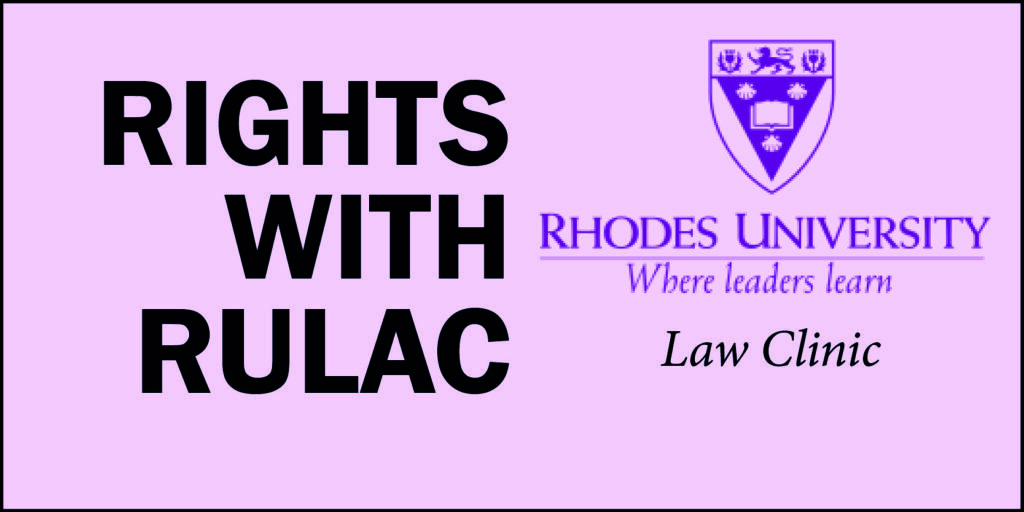A case study on lease agreements
By SHAUN BERGOVER
Ayanda entered into a written lease agreement with her landlord, Mr Dlamini. In terms of the agreement her landlord has the responsibility to ensure that the property is properly maintained. This includes plumbing, electrical faults and roof repairs. A few weeks ago, Ayanda noticed that her kitchen tap was leaking and informed her landlord about it numerous times, but nothing was done to repair it. The water bill eventually became very high and her landlord asked her to pay an amount of R2500 toward the bill. Ayanda was very upset because she had informed her landlord about the leak weeks ago but he had failed to do anything about it. Mr Dlamini wants Ayanda to pay the R2500, failing which he has threatened to evict her. Water costs are included in her rental so she usually does not pay for it.
Is Ayanda liable for the amount of R2500, and can Mr Dlamini evict her?
In matters regarding maintenance or damage, the lease agreement will establish whose responsibility it is to pay for what. Many lease agreements provide that the landlord is responsible for maintenance of the exterior of the property, while the tenant is responsible for the maintenance of the interior (e.g. a dripping tap). In the absence of an agreement, however, the landlord has a common law duty to ensure that the property is properly maintained, specifically maintenance that relates to “fair wear and tear.” Things like faulty light fittings, plumbing issues and a leaking roof will all be part of maintenance arising from normal everyday use or depreciation from age or exposure to weather. It is good practice to stipulate these responsibilities and duties in the lease agreement.
Furthermore, in terms of the Rental Housing Act the landlord must maintain the property in accordance with all health, safety and local regulations.
In the circumstances, Ayanda will not be liable for the amount of R2500 since the landlord is responsible for maintenance in terms of the lease agreement, and maintenance specifically includes plumbing. Furthermore, she informed her landlord about the leaking tap and he failed to get it repaired when called upon to do so. Mr Dlamini does not have the right to evict Ayanda since it was he that breached the lease agreement and failed to get the leaking tap repaired, whereas Ayanda has complied with all terms of the lease agreement. Ayanda can approach attorneys who will demand that her landlord makes the necessary repairs. Should he not do so, she could hire a plumber to do the job and then claim these costs from her landlord. Alternatively, if the property is not habitable as a result of the leaking tap (e.g. the property is flooded) she could choose to cancel the agreement and claim further damages suffered (e.g. for damage to carpets or furniture).
- Shaun Bergover, Rhodes University Law Clinic
RHODES UNIVERSITY LAW CLINIC HELPING YOU
The Rhodes University Law Clinic strives to improve access to justice through the provision of free legal services to indigent people in most areas of law. In addition to its New Street offices, Law Clinic staff are available to clients at the Assumption Development Centre (Konongendi), Nceme Street, Joza, every Thursday from 9am-12pm.
The Law Clinic also provides monthly workshops on a wide range of topics in order to raise awareness of people’s rights. The workshops are conducted by staff of the Rhodes University Law Clinic at various locations around Grahamstown. For more detail, please contact the Assumption Development Centre (Konongendi) or the Rhodes Law Clinic:
Rhodes University Law Clinic
41 New Street, Grahamstown
Telephone 046 603 7656
lawclinic@ru.ac.za


